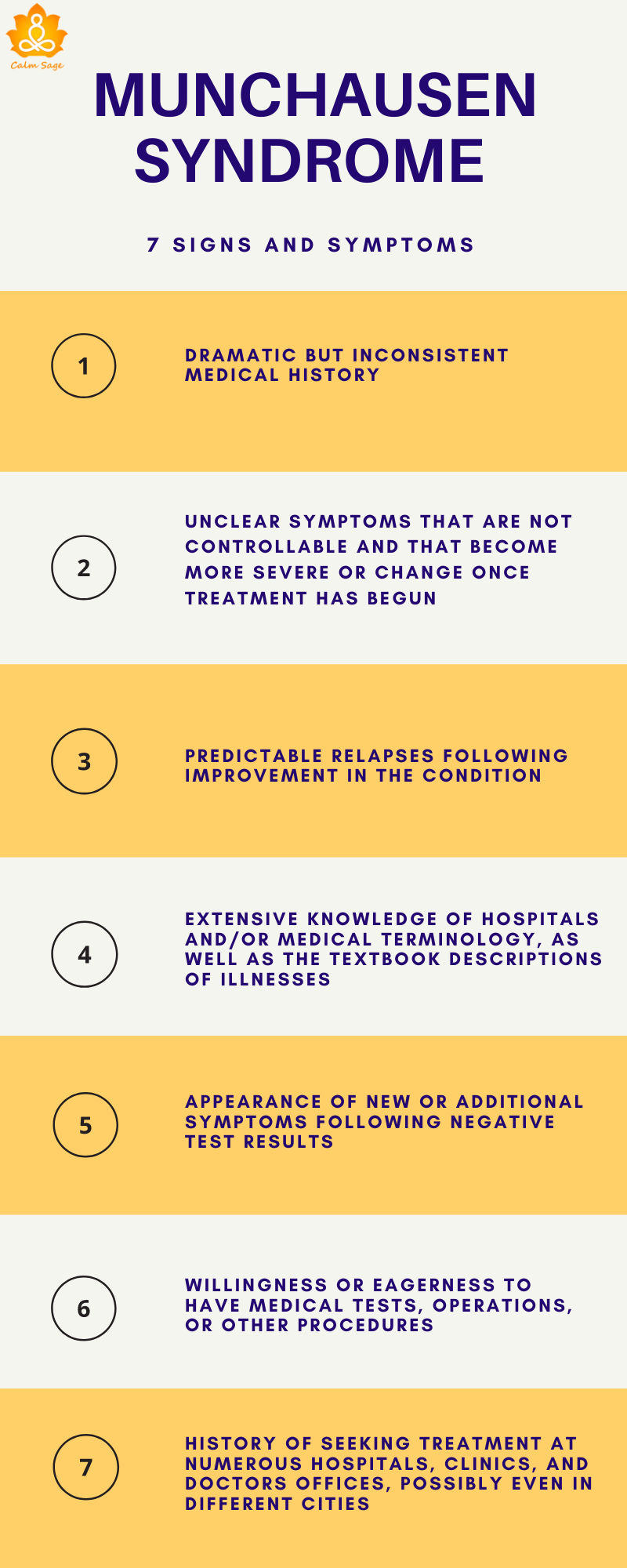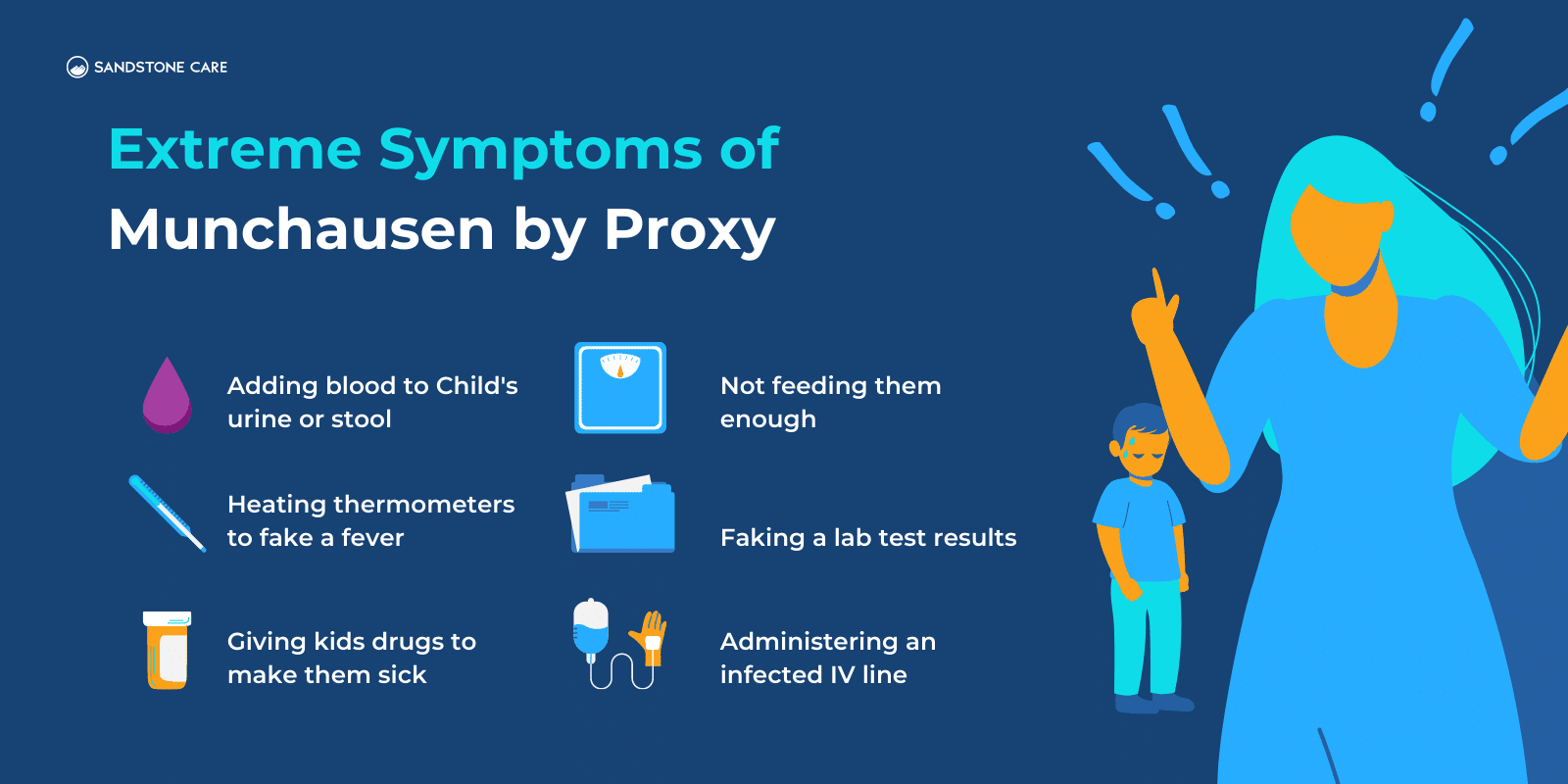Understanding Munchausen Syndrome: The Case Of Gypsy Rose Blanchard

Munchausen syndrome is a complex psychological disorder that has garnered attention due to its severe implications for both victims and their families. A particularly compelling case study is that of Gypsy Rose Blanchard, whose life story shines a light on the dark realities of this condition. This article aims to define Munchausen syndrome, explore Gypsy's experience, and discuss its psychological impact, symptoms, and treatment options.

Understanding Gypsy Rose Blanchard's Case
Gypsy Rose Blanchard's life was marked by manipulation and suffering, primarily at the hands of her mother, Dee Dee Blanchard. Dee Dee portrayed Gypsy as seriously ill, subjecting her to unnecessary medical treatments and even surgeries. This deceitful behavior is a hallmark of Munchausen syndrome, where caregivers inflict harm on their loved ones to gain sympathy or attention. Gypsy spent years believing she was sick, which led to significant emotional and psychological trauma.

Her story highlights the manipulation involved in Munchausen syndrome. Gypsy's inherent vulnerability was exploited, showcasing the devastating effects of such psychological disorders on both the victim and their caregiver. For years, Gypsy endured a life devoid of autonomy, illustrating the grim reality faced by many victims of Munchausen syndrome.

Signs and Symptoms of Munchausen Syndrome
Recognizing the signs and symptoms of Munchausen syndrome is crucial for timely intervention. Here are some common indicators:
-
Fabricated Symptoms: Victims often feign or exaggerate medical issues. In Gypsy's case, her mother claimed she had multiple ailments, including leukemia and muscular dystrophy.
-
Frequent Hospital Visits: Individuals may frequently seek medical attention, often resulting in extensive medical records filled with unnecessary tests and treatments.
-
Knowledge of Medical Terminology: Many perpetrators of Munchausen syndrome, like Dee Dee, possess a surprising amount of medical knowledge, which they use to manipulate healthcare providers.
-
Deceptive Behavior: Victims may engage in lying about their health or symptoms to maintain the illusion of illness.
These signs not only affect the individuals directly involved but can also lead to confusion and frustration among healthcare professionals trying to provide appropriate care.

The Psychological Impact of Munchausen Syndrome
The psychological effects of Munchausen syndrome extend beyond the individual experiencing the disorder. Victims like Gypsy Rose often suffer from long-term trauma that can lead to a host of emotional issues, including anxiety, depression, and feelings of isolation.
Caregivers, often the ones inflicting harm, may also experience psychological challenges. In Gypsy's case, Dee Dee's actions stemmed from her own psychological issues, highlighting a cycle of abuse and mental health struggles.

Families affected by Munchausen syndrome can face immense strain. Relationships may break down as trust erodes and family members grapple with the harsh realities of the situation. This disorder's impact is profound and requires a multifaceted approach to healing.
Treatment and Support for Munchausen Syndrome
Addressing Munchausen syndrome involves a combination of therapeutic approaches. Here are some effective treatment options:
-
Psychotherapy: Cognitive-behavioral therapy (CBT) can help individuals recognize harmful patterns and develop healthier coping strategies.
-
Support Groups: Connecting with others who understand the struggles associated with Munchausen syndrome can provide vital emotional support.
-
Family Therapy: In cases like Gypsy's, involving the family in therapy can help heal relationships and address underlying issues.
-
Medical Monitoring: For individuals exhibiting symptoms of Munchausen syndrome, careful monitoring by healthcare providers can help prevent unnecessary medical interventions.
Awareness and education about Munchausen syndrome are essential for both victims and their families. Resources like the American Psychological Association and the National Institute of Mental Health provide valuable information and support.
Conclusion
Munchausen syndrome is a complex psychological disorder that profoundly impacts victims and their families. Gypsy Rose Blanchard's story exemplifies the severe consequences of this condition, highlighting the need for greater awareness and understanding. By recognizing the signs, providing support, and fostering open conversations about mental health, we can help those affected by Munchausen syndrome find the treatment and compassion they deserve. If you or someone you know is struggling, reach out for help today. Together, we can break the cycle of abuse and promote healing.